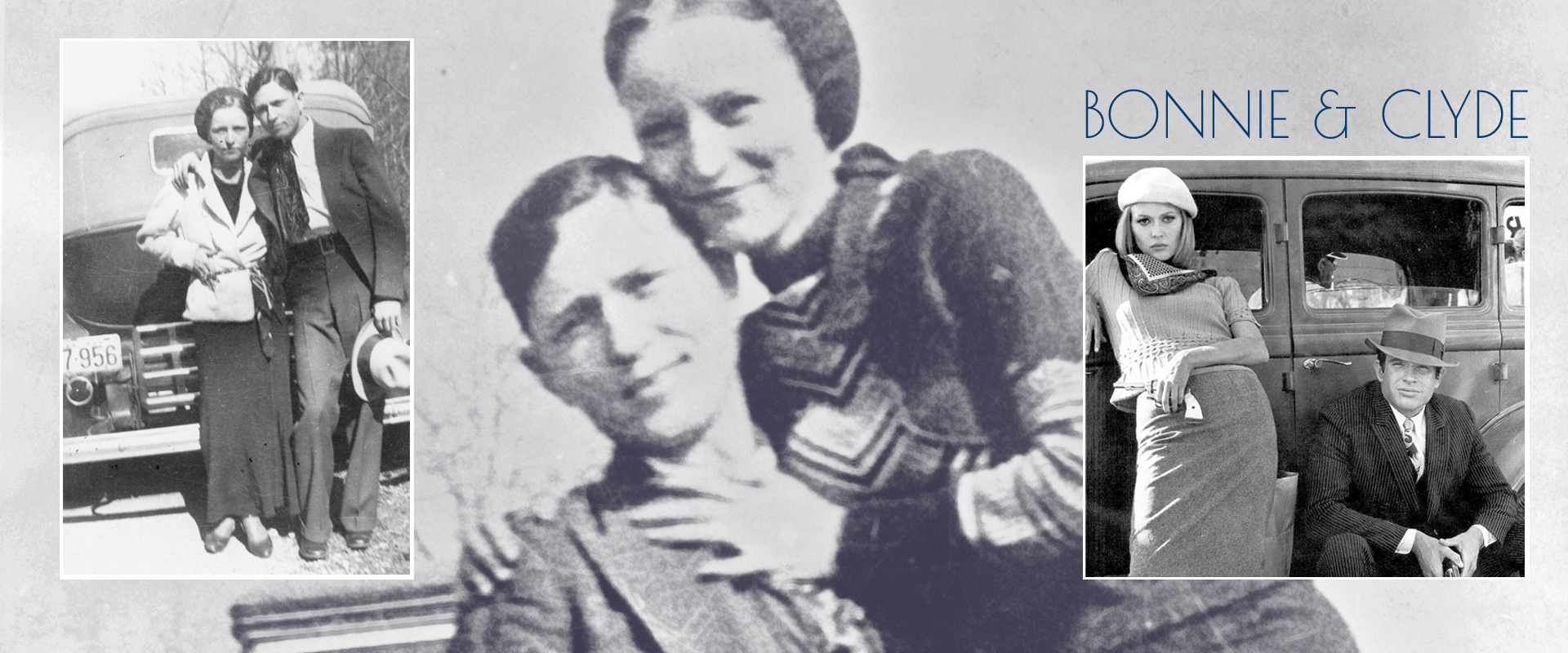Many Mentors. One Father.
Jack Elway, former football coach of Stanford University and father of Hall of Fame quarterback John Elway, was once asked how he dealt with being an expert in the same field his son had chosen as a profession.
Jack’s response was: “In your son’s life he’ll have many mentors, many coaches, many men to teach and motivate and correct him. He’ll have only one father. All you have to do is love him.”
Reading this quote (in Randall Wallace’s book, Living the Braveheart Life) reminded me of something I had heard John Elway say years earlier.
After his second Super Bowl loss — if you’re a Bronco fan, you’ll remember those first two Super Bowls qualified as embarrassing — the younger Elway was, of course, devastated. It wasn’t merely a team loss; John himself hadn’t played up to par.
That evening his father visited him. He didn’t break down his son’s performance or offer any advice. He just sat with him.
It was one of those moments in which Jack knew that his son didn’t need a coach. He needed a dad.
Fathers, there are many roles you will play in the lives of your sons and daughters. Keep in mind that your greatest role is to let them know that they are loved, always, as we are loved by our Heavenly Father.
As a father shows compassion to his children, so the Lord shows compassion to those who fear him. (Psalm 103:13)



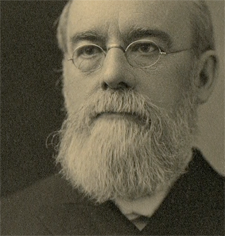 Here’s another hymn story. This one takes place in the year 1879, when a soul-fatigued pastor found himself overcome with discouragement.
Here’s another hymn story. This one takes place in the year 1879, when a soul-fatigued pastor found himself overcome with discouragement.
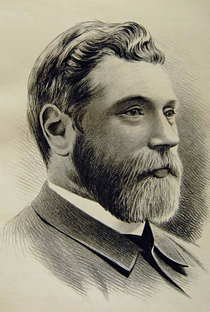 Here’s another hymn story. This one takes place in Scotland in the mid-to-late 1800s.
Here’s another hymn story. This one takes place in Scotland in the mid-to-late 1800s.
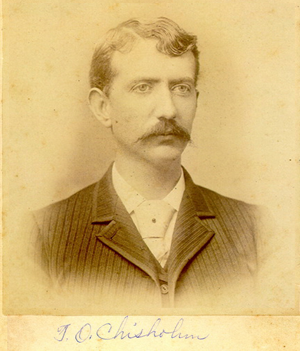 The story begins in 1893, in the southern state of Kentucky. A young newspaper editor named Thomas Obadiah Chisholm surrendered his life to Jesus Christ. He was 27 at the time, and his dream became that someday he would serve God full time in the ministry.
The story begins in 1893, in the southern state of Kentucky. A young newspaper editor named Thomas Obadiah Chisholm surrendered his life to Jesus Christ. He was 27 at the time, and his dream became that someday he would serve God full time in the ministry.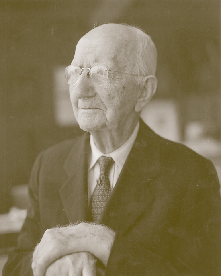 Later in life, at the age of 75, he wrote…
Later in life, at the age of 75, he wrote…

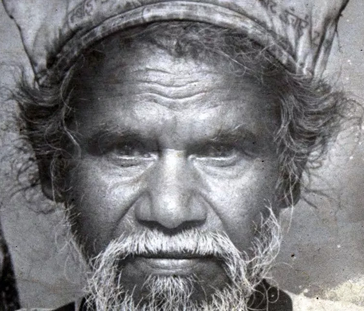 In 1960, Dashrath Manjhi was a common laborer from Gelhour Hills in Bihar, India. His community was somewhat remote, with limited access to vital services, because traveling involved going around a three hundred foot mountain that stood between the towns.
In 1960, Dashrath Manjhi was a common laborer from Gelhour Hills in Bihar, India. His community was somewhat remote, with limited access to vital services, because traveling involved going around a three hundred foot mountain that stood between the towns.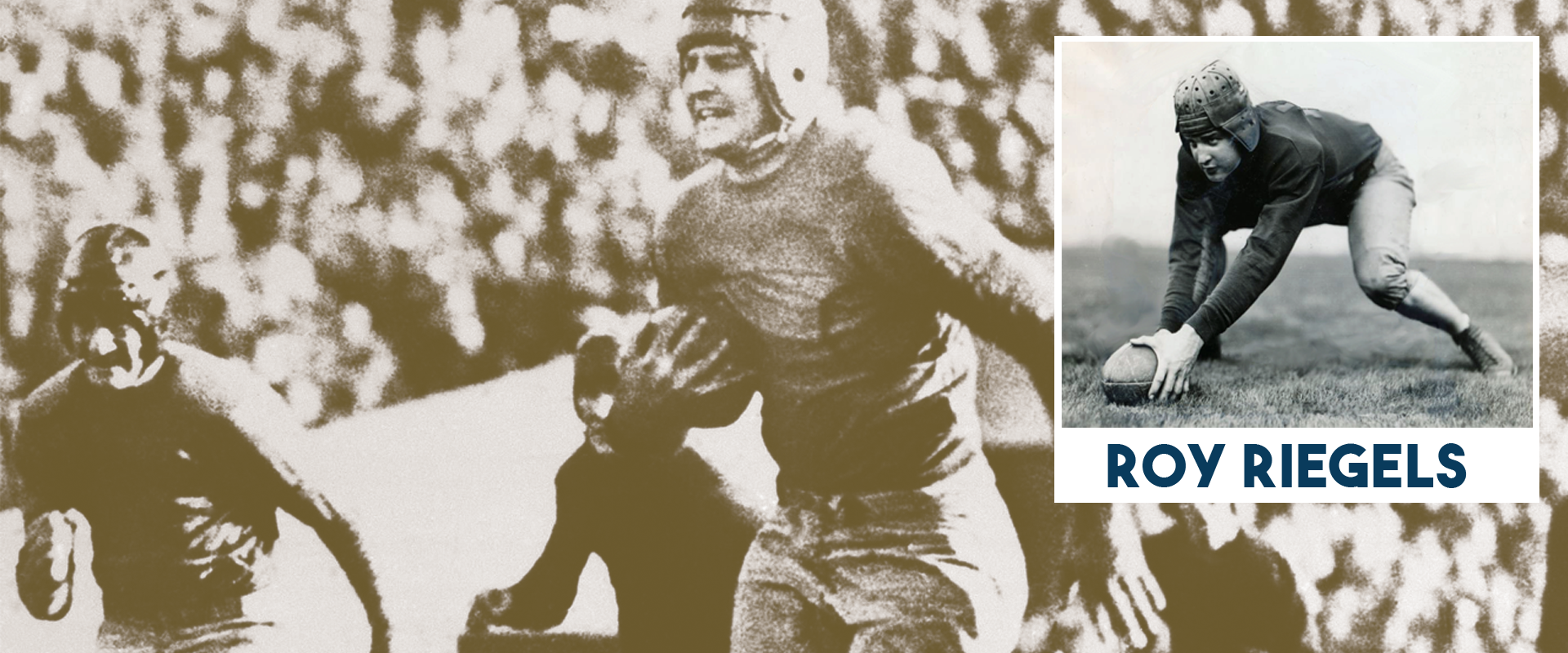
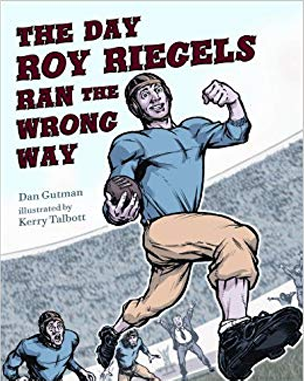
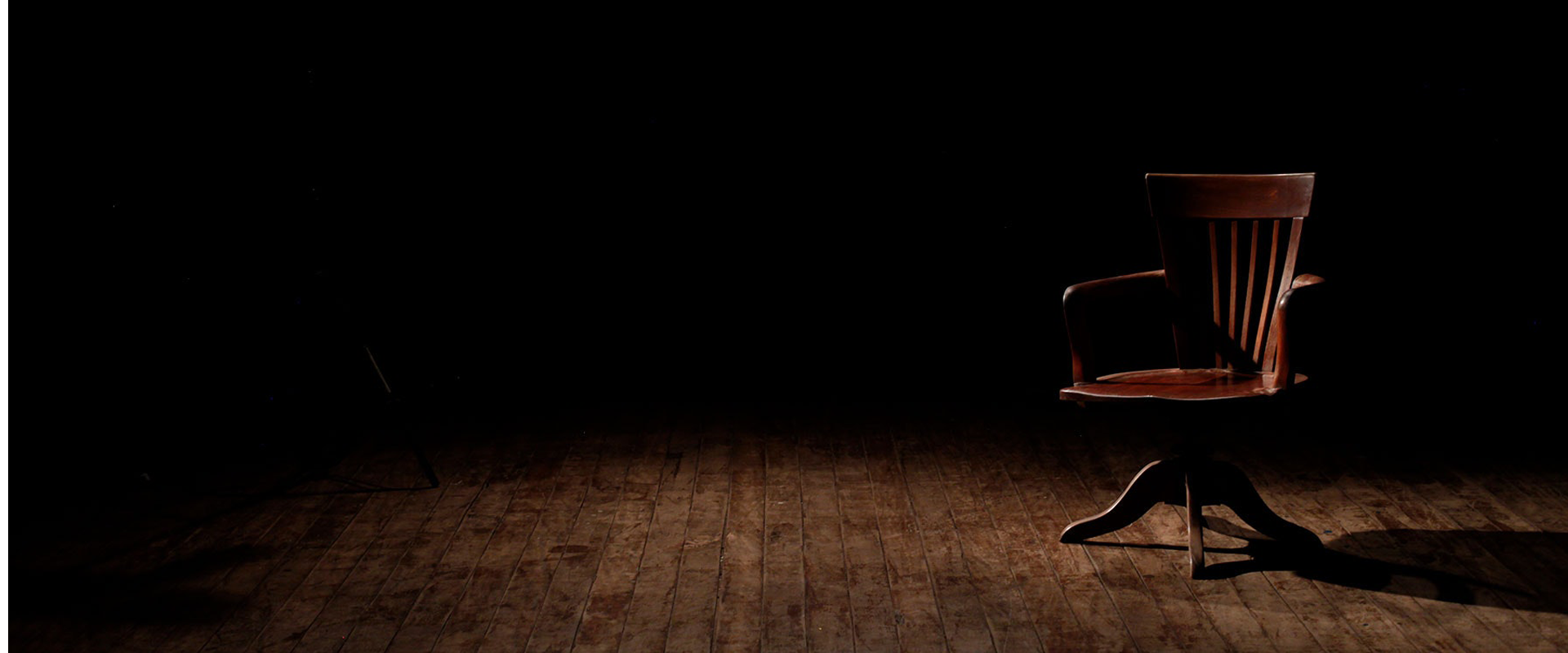
 Imagine that you’re involved in a play, in a community theater production of, say, My Fair Lady.
Imagine that you’re involved in a play, in a community theater production of, say, My Fair Lady.